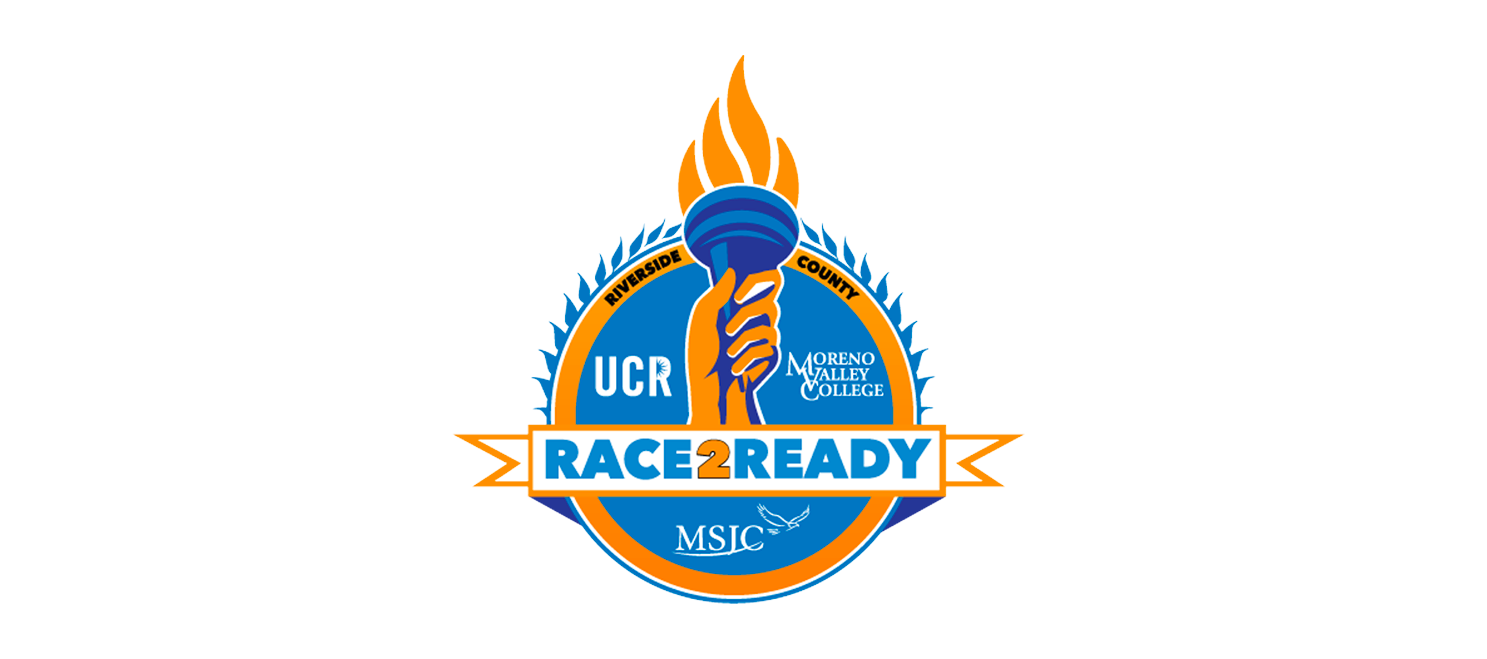Increasing College Access via Middle College High School Program
The first Middle College High School (MCHS) program at Moreno Valley College started in 1999 and for 17 years Moreno Valley Unified School District (MVUSD) and Val Verde Unified School District (VVUSD) students have benefited from the program. Through the partnership and financial support provided by MVUSD and VVUSD, Moreno Valley College has been able to expand and grow the program in recent years to offer more students the opportunity to benefit from the program. Middle College High School (MCHS) students complete their last two years of high school at Moreno Valley College, enrolled in both high school and college courses. MCHS students enroll in college courses which satisfy high school graduation requirements, "A-G" courses, or courses that are transferable or that can be applied towards an Associate Degree. Each semester students enroll in up to 11 college units and each winter and summer session they enroll in up to 5 college units. MCHS students have the opportunity to complete at least one year worth of college units or more by the end of their senior year of high school.
During the 2015-16 academic year, MCHS served 62 seniors and 92 juniors, a total of 154 students. The plan is to scale the program up in 2016-17, to serve close to 200 students. Twenty MCHS seniors will have earned an Associate Degree by the end of the spring semester or summer session. In all, MCHS seniors will have earned a total of 40 Associate Degrees by the end of summer 2016. Among the 62 MCHS seniors, 41 plan to attend a university and 19 plan to attend a community college. The seniors from Moreno Valley Unified School District (MVUSD) and Val Verde Unified School District (VVUSD) were accepted to many universities such as: UC Riverside, UC Irvine, UC Berkeley, UCLA, UC Santa Cruz, UC Davis, UC San Diego, CSU San Marcos, CSU San Bernardino, CSU Long Beach, CSU Sacramento, Cal Poly Pomona, CSU Los Angeles, Cal Baptist University, University of New York Purchase and many more.
Strategies to Reduce the Need for Remediation
During the 2015-16 year, Moreno Valley College (MVC) hosted two educational summits, one in the fall and one in spring. The purpose of the summit is to engage faculty, staff, and administrators from MVC and high schools in our college service area to talk about student success, identifying strategies to prepare students better while meeting the needs of future students. Topics included: strategies for closing student equity achievement gaps; critical issues in English, ELL/ESL, math, and career pathways/CTE; curriculum alignment; and multiple measures and alternative placement.
As a result of the summits, MVC hosted a one day articulation training and one-stop event in April 2016. The college and school districts signed articulation agreements at the event, to document a pathway between the colleges and high school, and their academic programs. Conversations are on-going regarding dual enrollment opportunities and offering college courses in the high schools of our two local school districts.
In an effort to support students who enter higher education that are not “college ready” and to reduce the need for students taking developmental math and/or English courses in college to be considered “college ready”, Moreno Valley College English and math faculty have implemented changes to their course placement to allow students to enter college level work sooner by way of using multiple measures for placement.
This summer our college will begin using multiple measure criteria to allow placement at whichever result gives the higher placement - high school grade information or the Accuplacer results. Six questions, providing students’ self-reported information, will determine multiple measures placement. The student information is uploaded into Cal-PASS, to match students to official high school information. In cases where there are no matches, we will request grade information from the high schools directly to verify the accuracy of the self-reported information. Using data gathered from 169 students at high school visits in April and the use of the multiple measures decision rules, we saw changes that are quite dramatic for all disciplines. This effort shows great promise in closing the achievement gap among ethnic groups while enhancing college readiness, saving college costs, and improving time to degree completion.
Effective Transitional Programs for First Time College Students
Moreno Valley College has developed enhanced programs this summer to assist new students with the transition to college. Our transitional programs include: the Summer Bridge for first-time freshmen entering college upon graduation from high school, the Transition to Success (Extended Orientation) program for first-time students who are not recent graduates from our feeder high schools, and the First Year Experience (FYE) program that guarantees new students with at least 12-units (full-time status) and includes math, English, and guidance courses. The FYE program also provides peer to peer engagement, academic support/supplemental instruction, student success coaches, and community building activities throughout the year.
